During the Covid-19 pandemic, South African president Cyril Ramaphosa began referring to the country’s “other pandemic”: gender-based violence.
Researchers, human rights organisations and ordinary South Africans have also continued to decry the frequency of rape, sexual assault, and similar offences. But statistics about these crimes are not always accurate.
A widely shared tweet posted in July 2023 reads: “In what is known as the rape capital of the world, it is estimated that over 40% of South African women will be raped in their lifetime and that only 1 in 9 rapes are reported. It is also estimated that 14% of perpetrators of rape are convicted in South Africa.”
The statistics seem to have been taken word-for-word from the first two sentences of the Report and conviction rates subsection of the Wikipedia page Sexual Violence in South Africa.
Wikipedia is a free online encyclopaedia that anyone can edit (this author regularly does). While it is often accurate, it may become out of date or fall short of the standards required for reliability. For this and other reasons it is not used as a source by reputable media and fact-checking organisations or in academic institutions.
Africa Check has investigated these and similar claims in the past. Some are “ghost stats”, passed around for years despite having no reliable origin, and others are estimates about a topic for which information is often uncertain and limited. Let’s get into the details.
Is South Africa the rape capital of the world?
The tweet claims that South Africa is “known as the rape capital of the world”, and others have certainly called it that.
Africa Check has written multiple times in the past that it is flawed to call any country the “rape capital of the world”. Comparing rates of rape between countries is extremely difficult, in part because of different legal definitions of the crime.
“Rape is difficult to define for the purposes of statistics, and how it is defined could skew the statistics we end up with,” Gorata Chengeta, a sexual violence researcher and doctoral candidate at the University of the Witwatersrand in Johannesburg, told Africa Check.
Even within one country, changing definitions of rape can confuse comparisons across time. For example, South Africa changed how certain offences were classified in a 2007 amendment officially known as the Criminal Law (Sexual Offences and Related Matters) Amendment Act 32 of 2007, or the SOA.
Offences previously recorded as “indecent assault” became classified as rape. The SOA defines rape as any case where a person “unlawfully and intentionally commits an act of sexual penetration” with another person, without that other person’s consent.
Furthermore, official statistics often only include cases of rape that are reported to police. Different countries are likely to have different reporting rates.
Will over 40% of South African women be raped in their lifetime?
Africa Check investigated this claim in 2020, and was unable to find a source.
We have previously been directed to the South African Institute of Race Relations (who told us they weren’t the source of the estimate), a South African Medical Research Council report (which didn’t actually contain the stat), and a 2016 opinion piece which itself repeated the claim without a source.
Wikipedia references a 2011 article by Time magazine which also did not give a source for the claim.
This is what we call a “ghost stat” – a widely repeated claim with no identifiable source.
Research on the percentage of women who have been or will be raped is limited. But what do we know?
Africa Check contacted South African thinktank the Institute for Security Studies (ISS) in Pretoria, and was directed to a 2014 policy brief written by gender-based violence researcher Lisa Vetten in 2014. It noted that there was “very little nationally representative data on all types of sexual offences, and in some instances there is no information at all regarding the experiences of particular categories of victims”.
It quoted a 2013 World Health Organization report which used data from the 2010 Global Burden of Disease study to estimate that Southern Africa had a 17.41% prevalence of rape. In other words, around 17.41% of women in that region would be raped in their lifetime.
This is higher than a similar estimate in the WHO report: that around 11.9% of women across all of Africa would be raped in their lifetimes. But it is still far from 40%, and neither estimate refers to South Africa specifically.
Other research Africa Check has previously come across includes:
- A 2011 report by women’s rights organisation Gender Links. Drawing on a detailed survey of 1,568 households in the Gauteng province, it found that 25.3% of women experienced being raped by a man, whether a husband or boyfriend, family member, stranger or acquaintance. An even higher 37.4% of men admitted to ever raping a woman. But this finding can’t be generalised to all of South Africa.
- The 2016 South Africa Demographic Health Survey found that around 21% of women aged 18 and older had experienced sexual violence at the hands of a partner. Sexual violence was defined as being physically forced (or forced “with threats or in any other way”) to have sexual intercourse or “perform any other sexual acts” despite not wanting to. This included rape, but would also have included several other crimes, such as sexual assault.
It is possible that any estimate is lower than the true figure. Stigma around rape, limited legal definitions, and the many issues which deter survivors from reporting incidents of rape all bias official records towards under-counting.
“Even if there were a nationwide survey that could count how many people have been raped, people who have been raped but do not (yet) identify their experience as such might not come forward as victims, and ultimately, there would still be significant inaccuracies,” Chengeta said.
Are only one in nine rapes reported?
The ISS policy brief lists many of the reasons that a rape may not be reported, including:
- Fear of not being believed or being accused of lying
- Fear of retaliation or intimidation by the offender
- Wanting to avoid the stigma attached to being raped
Chengeta told Africa Check that many people did not even understand that something that had happened to them was a form of rape: “As there are rape myths that circulate in society, many people struggle to name experiences of rape as such, because the prevalent idea of what rape is, is much narrower than the reality.”
But do we know how many rapes go unreported?
The one-in-nine figure likely comes from a 2002 paper published in the journal Social Science and Medicine. The paper’s authors analysed data from the South African health department’s 1998 South African Demographic and Health Survey, and found that 25% of women raped in the previous year had reported it to the police. The figure was 11% for women who experienced an attempted rape.
One in nine is roughly 11%. But the finding refers to attempted rapes that were reported to police. According to the study, around one in four (rather than one in nine) rapes were reported to police.
The most glaring issue, however, is that this estimate is at least 25 years out-of-date.
There have been other estimates since. The 2011 Gauteng-based survey that we quoted earlier found that 3.9% of women who had been raped by a partner or non-partner had reported it to the police. However, this survey is also over a decade old, and not nationally representative.
Even if the one-in-nine statistic were no longer reliable, Chengeta told Africa Check that its repetition made victims of sexual violence visible. This was necessary because the issue was so stigmatised that victims were shamed into invisibility, she said.
Are only 14% of perpetrators of rape convicted in South Africa?
Not knowing how many rapes go unreported also makes it difficult to determine how many perpetrators are prosecuted for rape. We are faced with many of the same obstacles as in the previous estimates when calculating an accurate figure. But some research has been done.
The claim that 14% of perpetrators were sentenced was included in a 2006 article in medical journal the Lancet, where it was quoted without a source.
A 2008 report using 2003 data found that of a randomly selected 2,064 cases of rape which were opened at police stations in Gauteng, only 6.2% resulted in a conviction in court for a sexual offence. Just over 4% resulted in a conviction for rape. But this study was not nationally representative.
Africa Check has previously checked the claim that “only 8.6% of rape perpetrators are convicted”, which we rated “misleading”. The source of the claim was a 2017 report which found that 8.6% of 3,952 randomly selected rape cases ended in “a verdict of guilty of a sexual offence”. Just 18.5% of all cases actually resulted in a trial.
This does not represent 8.6% of perpetrators for several reasons.
Underreporting is one of them. Because many rapes go unreported, they would not count towards the number of cases. Other factors may include cases in which there is more than one perpetrator, or a perpetrator is charged with a different crime.
South Africa’s National Prosecuting Authority said in its 2022/23 annual report that 74.8% of sexual offences cases had resulted in a conviction. But this does not refer only to rape cases, and does not count cases of rape that were not reported or brought to trial.
As we have previously said, rape charges are often withdrawn because victims wish to “get on with their lives”. This was the reason given for declining prosecution in 67.6% of the cases not prosecuted in the 2017 study cited earlier.
Scarce data not the only obstacle to combatting sexual violence
Statistics aside, sexual and gender-based violence is a pressing issue in South Africa. Chengeta said that while collecting clear statistics would always be extremely difficult, there were many other factors which were important to consider.
“Rather than a focus on statistics, we can tackle things like harmful social attitudes about gender, the lack of access to comprehensive sex education, corruption, widespread violence, and unequal access to education, social services, and medical care.”
The ISS makes several recommendations for combatting sexual violence, including improving the quality of crime statistics and other data on sexual violence. It also says myths and stereotypes about rape complicate the implementation of law and policy.


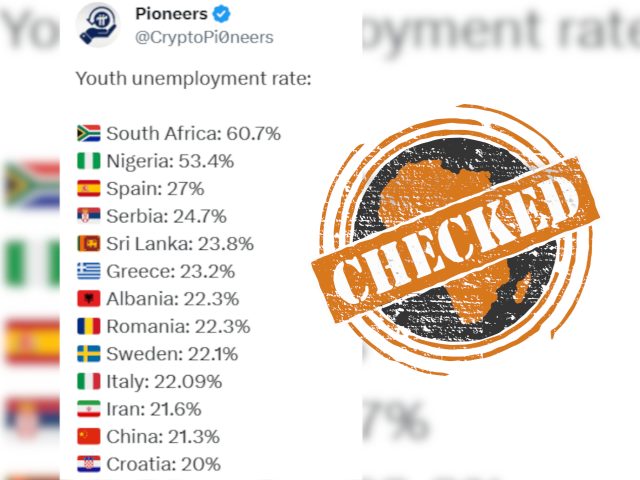
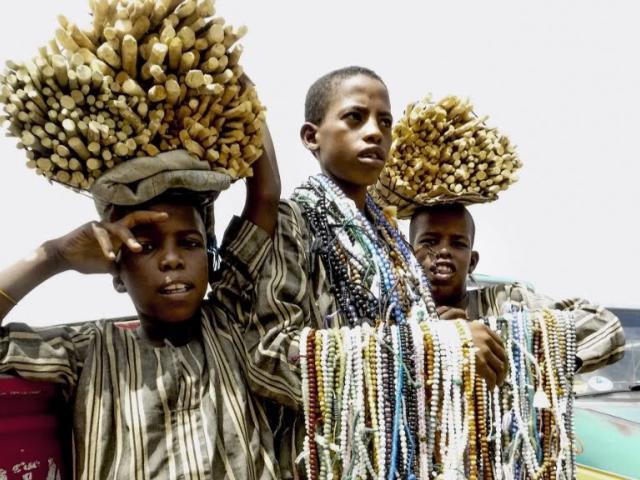

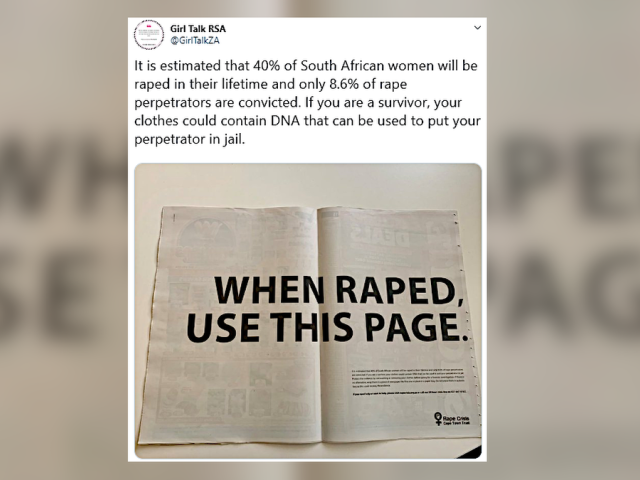
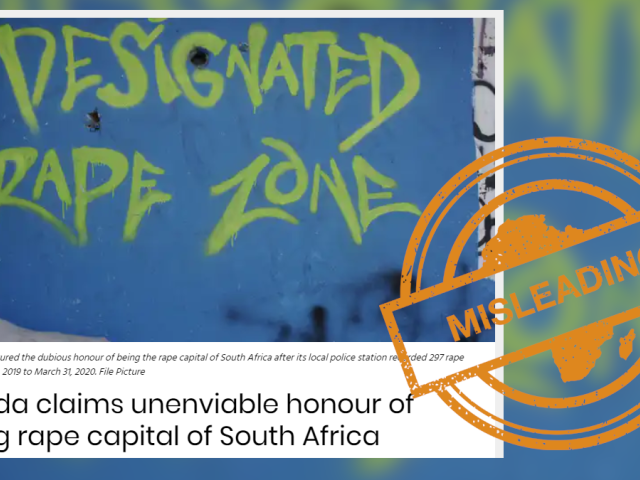
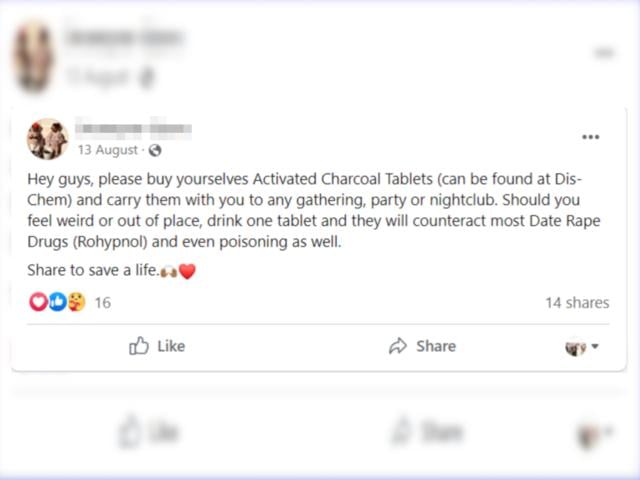
Add new comment